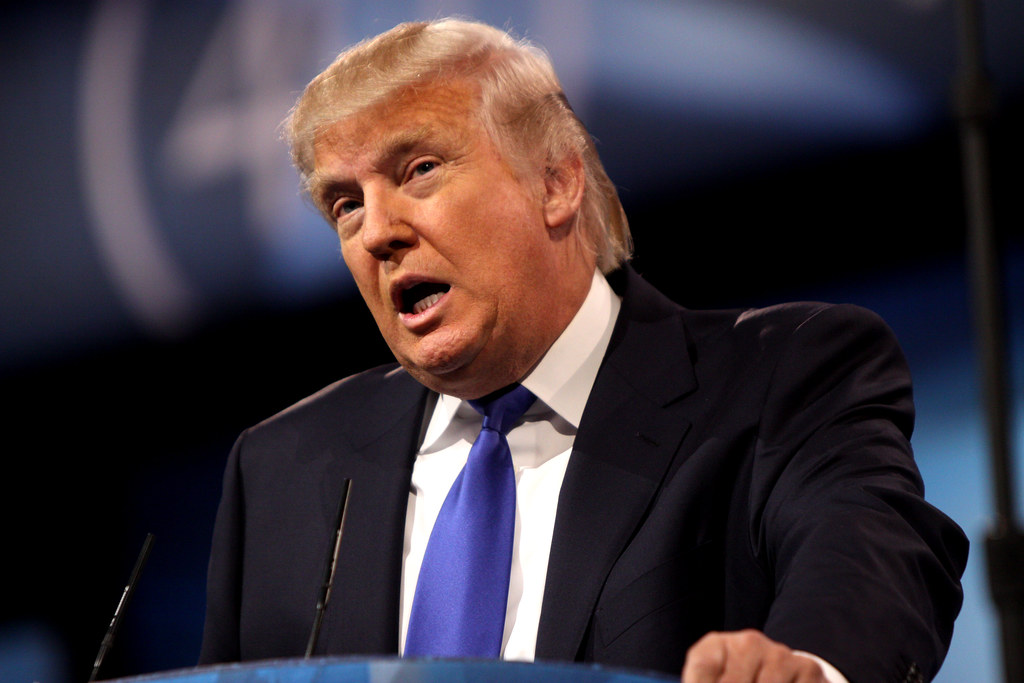Key Takeaways
• Donald Trump used the federal government to charge New York Attorney General Letitia James.
• Many see this move as political revenge, not legitimate justice.
• James had already won a civil case proving Trump inflated his property values.
• Experts warn that this tit-for-tat lawfare damages trust in democracy.
Trump Indictment: A Political Strike
Donald Trump has long fought back against those who challenge him. Now he has ordered a criminal case against Letitia James. His critics call this move a clear act of political revenge. They warn it sets a dangerous precedent.
What Happened
Last night, a federal prosecutor charged Letitia James on mortgage fraud counts. Trump’s team claims James lied about her home’s value. However, many observers see this as payback for James’s civil suit. In that case, she proved Trump exaggerated his property worth to get better loans. She won her trial fair and square.
According to a White House correspondent, this indictment shows how far Trump will go. He filled top roles with loyalists who would obey his demands. Then he ordered them to dig into James’s records. He aimed to create evidence that could criminally charge her. In fact, the main claim surfaced after a “fishing expedition” by Bill Pulte. Pulte leads a federal agency and used agency data to find cases against Trump’s enemies.
Despite that origin, Trump quickly embraced the mortgage-fraud theory. He insisted James deserved punishment for her investigations. Then he twisted the Justice Department to bring charges. Many legal experts say this was not about law. Instead, it was pure politics.
Trump Indictment vs. James’s Investigation
Letitia James opened her civil case using sworn testimony from Michael Cohen, Trump’s former lawyer. Cohen told Congress that Trump often boosted his property values. Courts tossed Trump’s claim that James acted for politics. He even argued his way in front of a judge. Yet the civil case stayed on track. In the end, Trump lost and had to pay millions.
In contrast, Trump’s latest action bypassed normal justice steps. He never faced an impartial review before the charges. Instead, he ordered loyalists to build a criminal case. No judge or jury examined whether James truly committed fraud. Critics say this is not equal to James’s careful civil process. Instead, it looks like raw retaliation.
Why This Could Be Dangerous
First, it erodes public trust in legal fairness. When top leaders use law enforcement as a weapon, people lose faith in courts. They start to see every case as political drama. Second, it invites more tit-for-tat battles. If one side can sic prosecutors on its rivals, no one is safe. Third, it lowers the bar for pressing charges. Future officeholders could use lawfare to silence opponents.
Moreover, experts worry we have grown numb to such moves. A decade ago, the public would have been shocked by this power play. Yet now, many shrug and say, “He’s just doing it back.” That lack of shock shows how much our political norms have decayed.
What Comes Next
Letitia James will likely fight the charges in court. She has a strong civil record and clear evidence of her motives. Meanwhile, Trump’s allies will defend his use of the Justice Department. They will argue it balances past investigations of Trump. Yet most legal scholars say the cases are not comparable.
In the short term, this battle will keep making headlines. In the long run, it could shape how politicians view legal tools. If Trump succeeds, future leaders may see lawfare as a normal tactic. That path leads our system away from equal justice.
Ultimately, voters will decide if this move crosses a line. They will ask if they trust courts to stay fair. They will wonder if they want more revenge in politics.
FAQs
What is the Trump indictment against Letitia James about?
The Trump indictment accuses Letitia James of mortgage fraud. It claims she misrepresented her home’s value. However, critics say it targets her because she sued Trump on civil charges and won.
Did Trump’s action differ from James’s original investigation?
Yes. James followed normal legal steps in her civil suit, including trials and appeals. Trump’s move came from his own loyalists shaping a criminal case. It did not go through an unbiased examination.
Why do critics call this political revenge?
Critics note James had long opposed Trump. She led a civil case that cost him millions. They say Trump now uses federal power to punish her, not to seek real justice.
Could this legal fight keep escalating among politicians?
Many experts fear a cycle of tit-for-tat charges. If political figures view law enforcement as a weapon, each side may attack the other when in power. Such a trend could weaken trust in courts and democracy.
